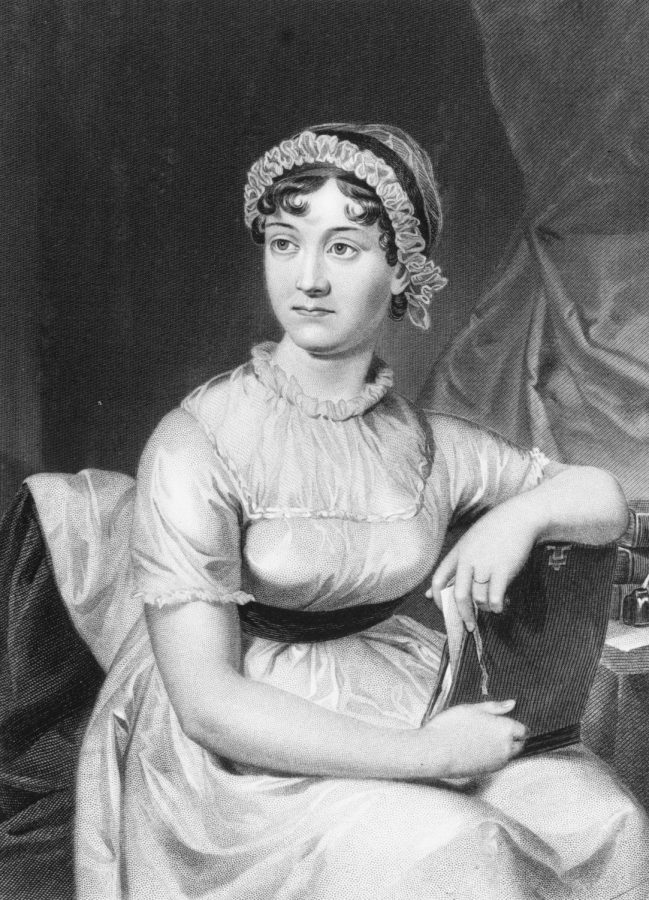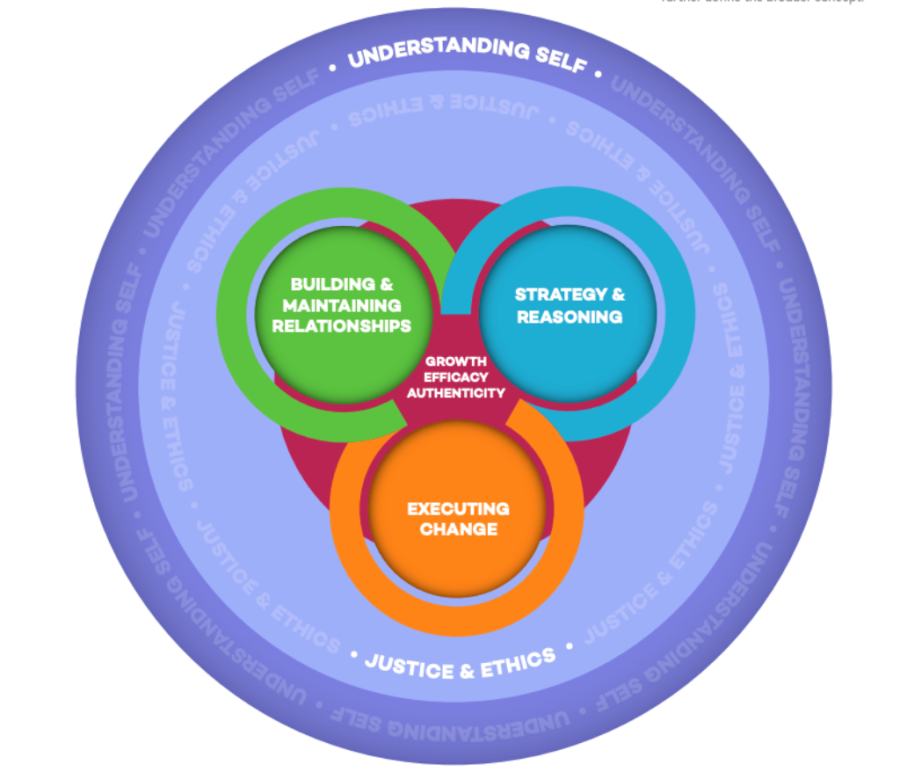After five years, the citizens of Flint, Michigan remain unable to rely on clean running water. Though the two may seem unrelated, the city’s water crisis is comparable to the storyline of Dr. Seuss’s beloved book and movie, The Lorax.
Recalling the premise of The Lorax, a greedy corporation exhausts a natural resource, trees, which leads to a deficiency in oxygen. Out of the scarcity of oxygen comes the business of selling this once-abundant basic human right in a bottle, which leads to the superfluous wealth of O’Hare, the mayor of the town who symbolizes corrupt politicians. While first watching the movie at age 11, I found it comical that people were buying air in plastic bottles. To me, oxygen seemed a ubiquitous resource; why would people pay so much money for it? One of the answers to this question is clear now: when there is an exhaustion of a resource.

Aspects of The Lorax are hauntingly familiar. In Flint, citizens have had to rely on bottled water, an evidently powerful industry. In the year 2011, the world spent over $100 billion on bottled water, and that number increases by 10 percent each year. Before donations, Flint required $22,000 a day to supply bottled water to residents. Currently, Flint politicians are being charged with allowing lead to seep into the city’s water supply. Therefore, at the fault of the government, citizens have had to rely on bottled water, losing money and convenience.

Overall, The Lorax and the Flint Water Crisis situations include the injustice that occurs when an indispensable resource becomes overpriced and inaccessible. Just as the movie evokes frustration in viewers concerning the undesirable living conditions brought about by the mayor, the unfairness that Flint, Michigan faces should engender similar anger. The situations Disney illustrated in the movie were recognizable in the real world when the movie released in 2012, and they continue to be today. If a problem on screen provokes irritation, I think it is one’s duty to recognize similar inequities in real life. I understand that, perhaps, sometimes problems are not easily perceptible. However, I believe justness prevails when we allow the emotions we gain from watching movies to fuel us to seek out the facts and step out of our blissful bubbles to be aware of inequities.







